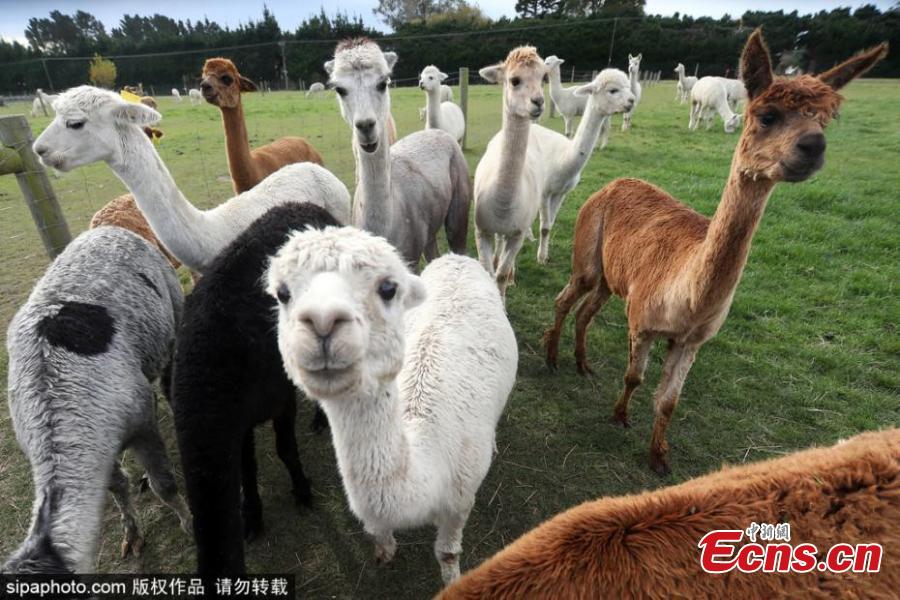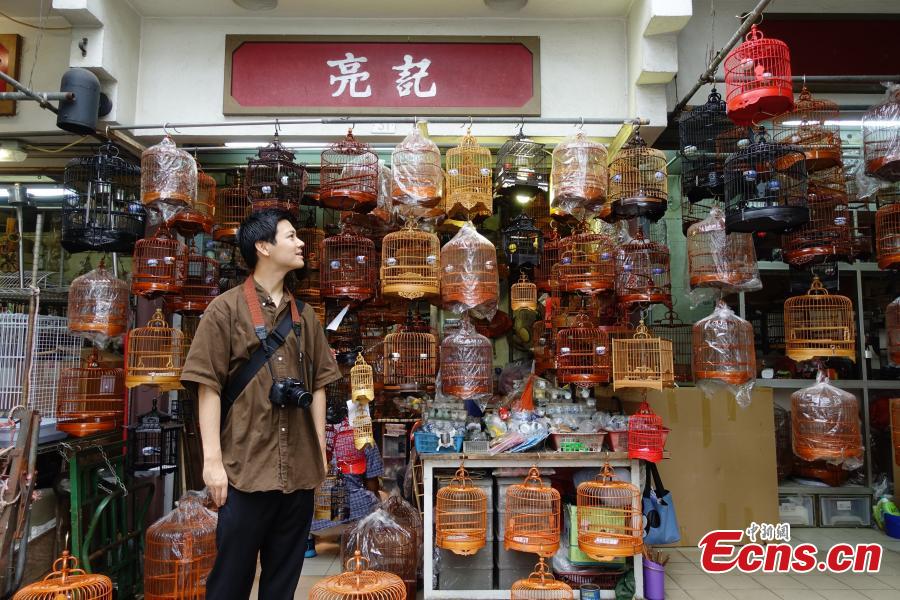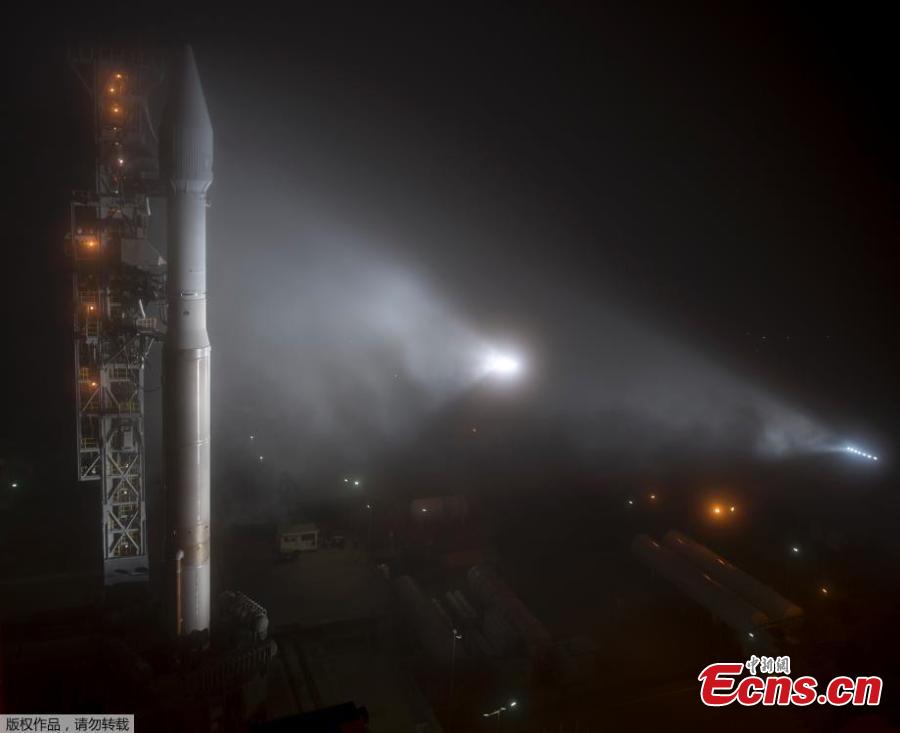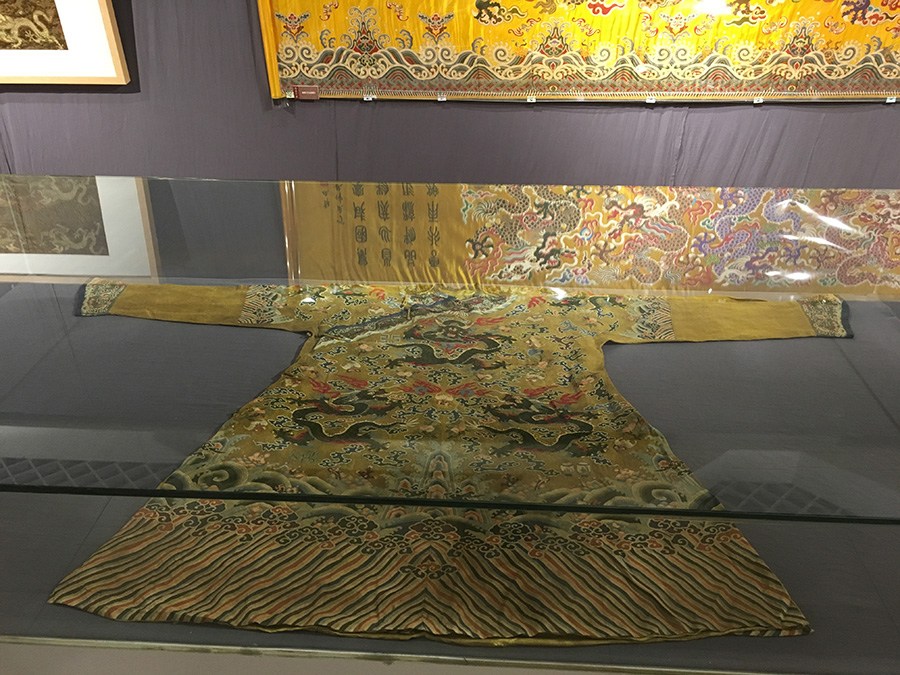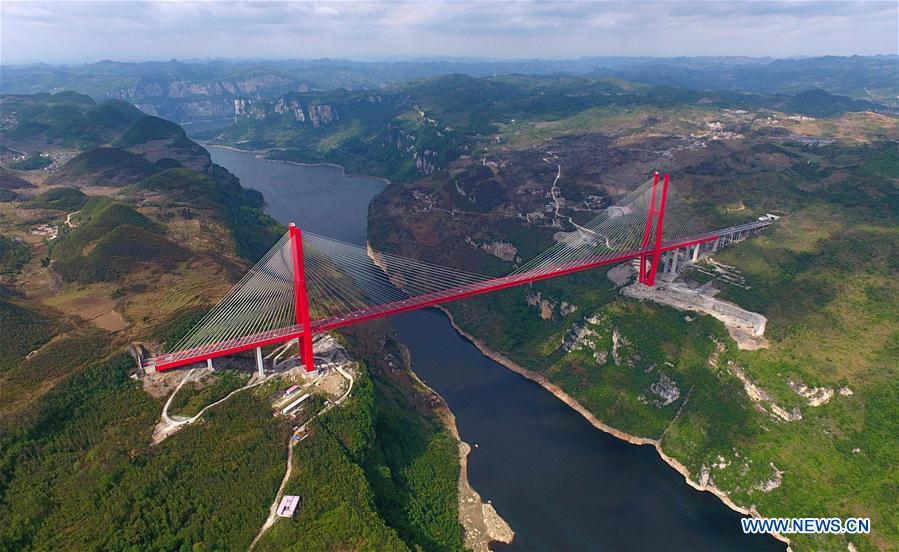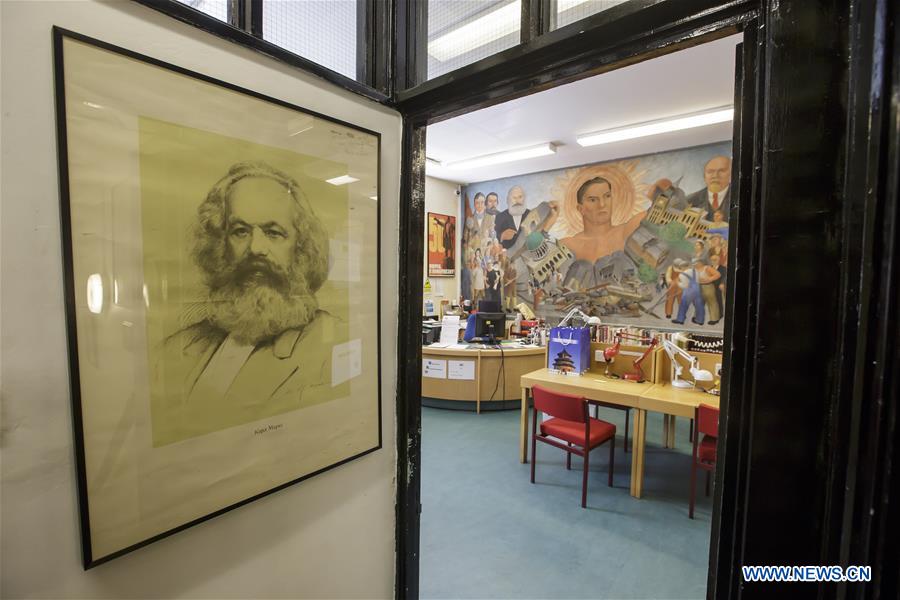Huawei Technologies, a Chinese telecommunications giant specializing in information and technology products and solutions, has helped to change the lives of Africans by introducing a high-speed 4G broadband network into Nigeria.
The direct involvement of Chinese companies in mobile communications, including Huawei, ZTE and Tecno among other consumer phone producers, has been significant for the growth of the telecom economy in Africa, said Bright Simons, a Ghanaian technology entrepreneur and honorary fellow at a local policy think tank.
The telecom industry is widely acknowledged to have contributed a good chunk of the gross domestic product (GDP) growth and tax revenue expansion that has enabled more local spending on health and education, which has directly benefited the poor on the continent, he said.
"There is some evidence that China's presence as a prospective infrastructure financier and developer leads to lower price tags for major projects, from energy plants to roads," Simons added.
AFRICA'S DEVELOPMENT
Africa is faced with arduous tasks of agricultural modernization and industrialization. While the former is improving, the latter has seen few development opportunities.
The most important issues in Africa include transportation, adequate energy supply and houses for people living in cities. "China can assist us in realizing those objectives," said Garry.
Countries like Nigeria and South Africa would learn from China's experience in poverty reduction, said Shonibare Akinwumi, a former deputy general manager of Diamond Bank PLC in Nigeria.
The retired banker said most economies of the world still remain poor due to poor investment, or a lack of investment or inadequate attention to the modernization of the agricultural sector, which China has room to act.
"If you want people to have high income, increase their productivity and you will have growth. For a country to have growth, you have to develop the productive base that is the industrial sector," Akinwumi said.
"China is doing all these things, they create jobs and you can only reduce poverty when you create employment and it has been the missing link in our development efforts," he added.
It is important for Africa to avoid the danger of repeating past mistakes of depending on donors and to boost its own manufacturing sector, said Fay Chung, an African scholar and special advisor to the African Union.
"In contrast, China's development did not depend on donor aid," she said.
Low industrialization level on the continent also present huge opportunities for the industrial cooperation between China and Africa, as China has adopted a progressive approach to help the continent in developing its industrial capacity through technology transfer, she added.














